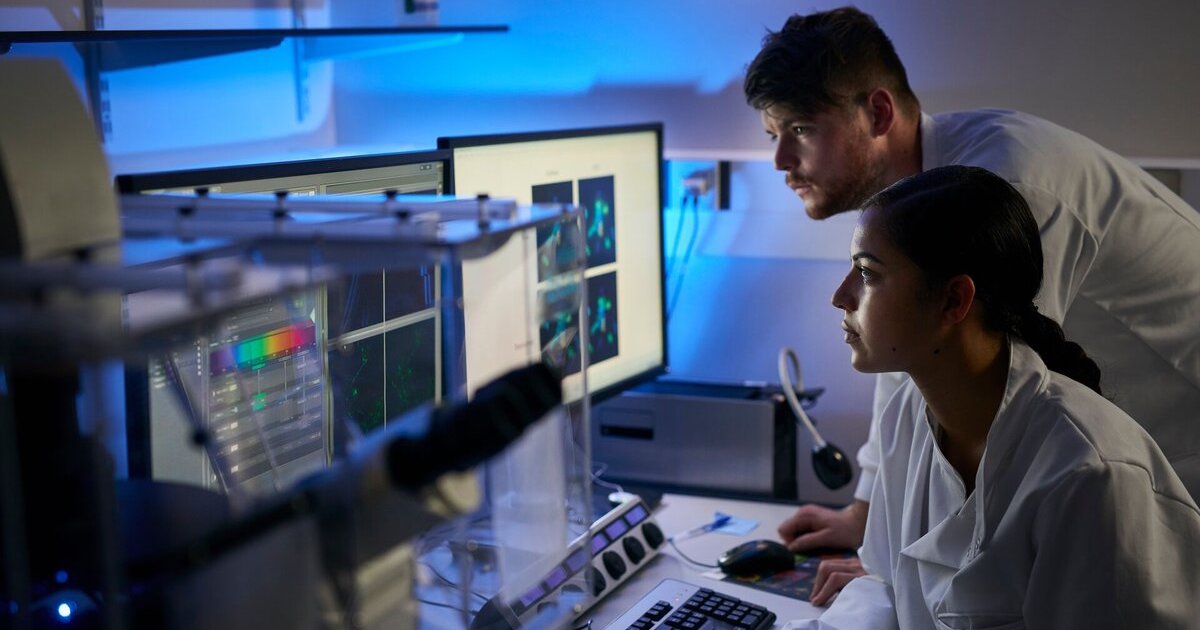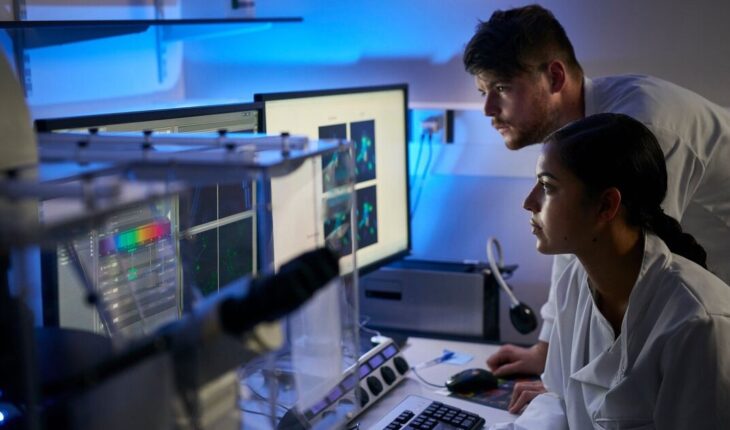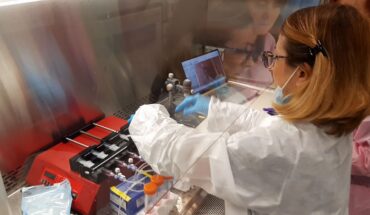
Biofourmis founder launches health LMM startup
Over a year after leaving biotechnology unicorn Biofourmis, ex-CEO and founder Kuldeep Singh Rajput recently announced that he set up a new health tech company focused on generative AI.
In a LinkedIn post, he shared that his newly founded startup, OutcomesAI, has partnered with SingHealth to deploy its large multi-modal model (LMM) called Glia, which allows organisations to build clinician companion AI.
National Heart Centre Singapore and National Cancer Centre Singapore were identified as the first sites of the LMM integration.
JLK bags 510(k) for CT perfusion AI
South Korean medical AI company JLK has obtained another regulatory approval in the United States for one of its stroke AI offerings.
The company received its third 510(k) clearance from the US Food and Drug Administration for JLK-CTP, which uses AI to automatically identify the centre of cerebral infarction and the area of cerebral hypoperfusion in brain CT perfusion images.
JLK received its first 510(k) in June for its MRI-based prostate analysis AI software, then a second one for another stroke AI solution that specifically detects large vessel occlusion in brain CT scans.
Korea OKs Heuron’s Parkinson’s disease AI
Fellow Korean medical imaging AI company, Heuron, also recently received regulatory approval from the South Korean Ministry of Food and Drug Safety.
According to a press statement, its AI-powered software HeuronNM identifies and quantifies neuromelanin – a key biomarker of Parkinson’s disease – in brain 3D MRI images.
Meanwhile, Heuron is currently working to secure FDA approvals in Thailand for its range of AI solutions following its expansion there in August.
Wadhwani AI backs AIIMS
Indian non-profit Wadhwani Institute for Artificial Intelligence (Wadhwani AI) has been tapped to support the All India Institute of Medical Sciences in New Delhi in its healthcare AI integration projects.
AIIMS was recently designated as one of India’s “AI centres of excellence” under the government’s Make AI in India, Make AI Work for India initiative, in which healthcare is one of the priority areas.
As a partner, Wadhwani AI will be deploying its AI solutions that support the diagnosis of chest conditions and diabetic retinopathy.
The Indian government has pledged to invest over $110 million in supporting the AI COEs over the next four years.
NUS Medicine establishes digital health accelerator
The Yong Loo Lin School of Medicine of the National University of Singapore (NUS Medicine) has recently launched an accelerator programme for digital health startups, including those developing AI solutions in mental health and hospital administration.
A collaboration with 22Health Ventures, the Digital Accelerator Programme of the NUS Medicine Digital Advanced Technology Accelerator aims to support startups from conception through global expansion.
The cohort includes 2Strands, which develops blood-based cancer recurrence monitoring tests; Health BETA, which offers genetic tests and digital therapeutics for personalised health monitoring; HealthBridge AI, which is currently testing its clinical product for streamlining administrative tasks; Marymount Lab, which provides patient engagement software for preventive health; and TenangAI, which offers an AI-driven solution to support youth mental health.





